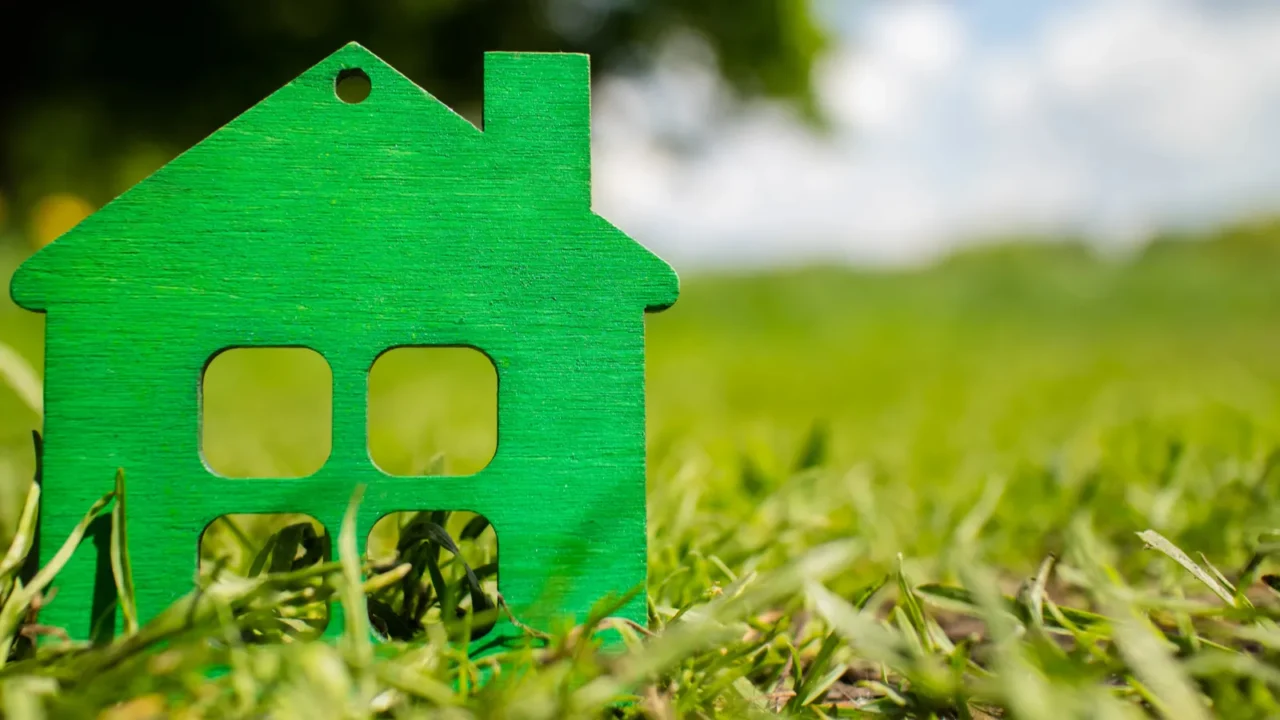
Is Your Home Eco-Friendly
Ever thought about how your home affects the planet? From hidden energy drains to wasteful habits, your space could be doing more harm than you realize. But don’t worry, it’s not too late to make small changes that have a big impact.
This isn’t about turning your home into an off-grid cabin (unless you want to). It’s about easy swaps that help you save money and reduce your carbon footprint. Let’s find out if your home is helping or hurting the planet and how you can fix it!
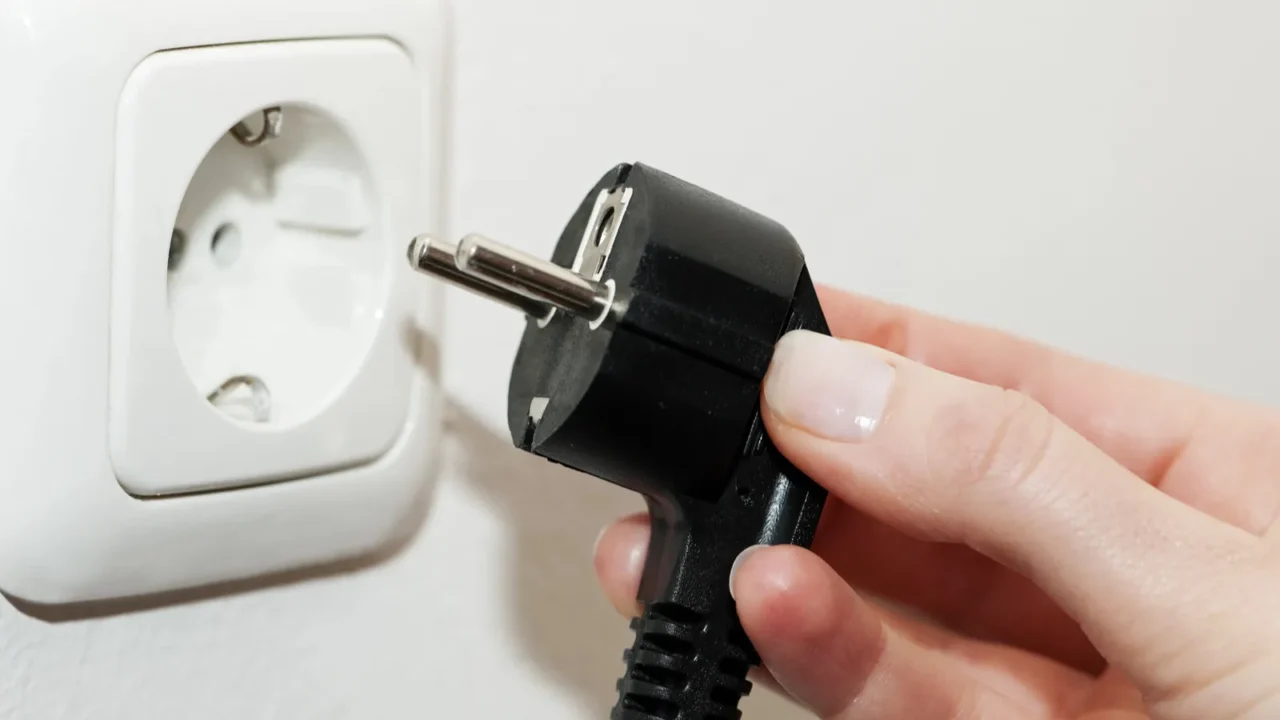
Hidden Power Drains Everywhere
Think turning off your TV means it’s not using power? Think again as many appliances keep sucking electricity even when they’re off, adding up to higher bills and wasted energy. Devices like gaming consoles, microwaves, and phone chargers are secretly running 24/7.
Unplug when not in use or use smart power strips that cut off energy flow automatically. This simple change can save you hundreds of dollars a year while making your home more energy-efficient. Who knew pulling the plug could be so powerful?
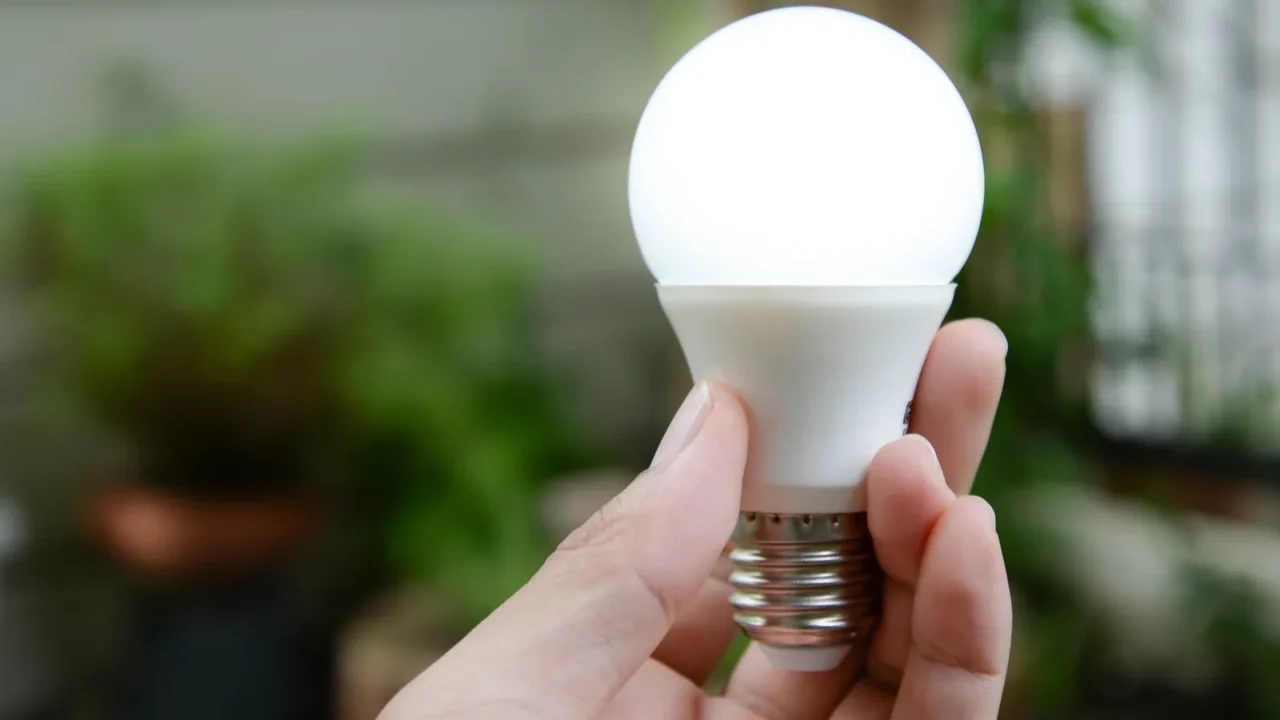
Light Bulb Choices Matter
Still using old-school incandescent bulbs? They’re basically energy vampires whereas LED bulbs use 80% less power and last way longer, saving you money and reducing waste. Plus, they come in all kinds of shades to set the perfect mood.
If you’re worried about that harsh white glow, don’t be. Modern LEDs mimic warm incandescent lighting but without the energy drain. Making the switch is one of the easiest and most effective ways to shrink your home’s carbon footprint.
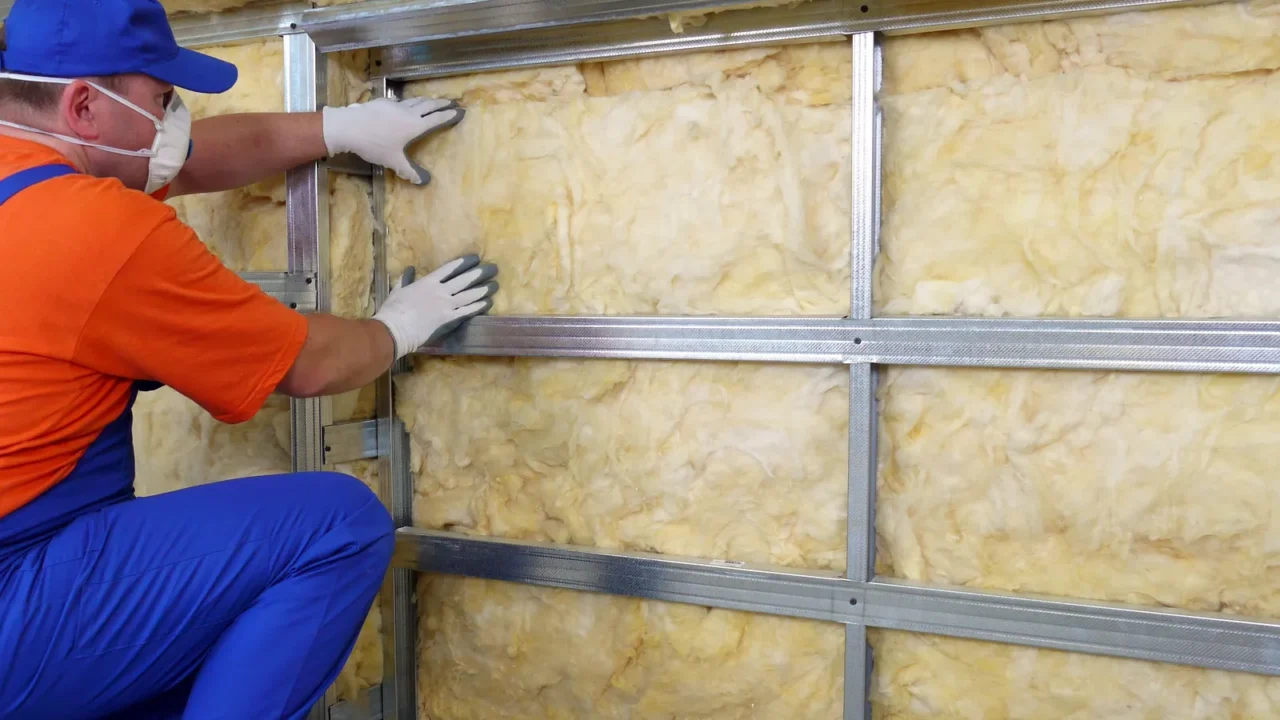
Insulation Saves More Energy
If your home gets super cold in winter and unbearably hot in summer, it might be leaking energy. Poor insulation forces your heating and cooling systems to work overtime, burning more energy than necessary.
A well-insulated home keeps temperatures steady, reducing the need for constant adjustments. That means lower energy bills and less strain on the planet. Adding insulation to your walls, attic, and floors is like giving your home a cozy sweater, keeping you comfortable while cutting waste.
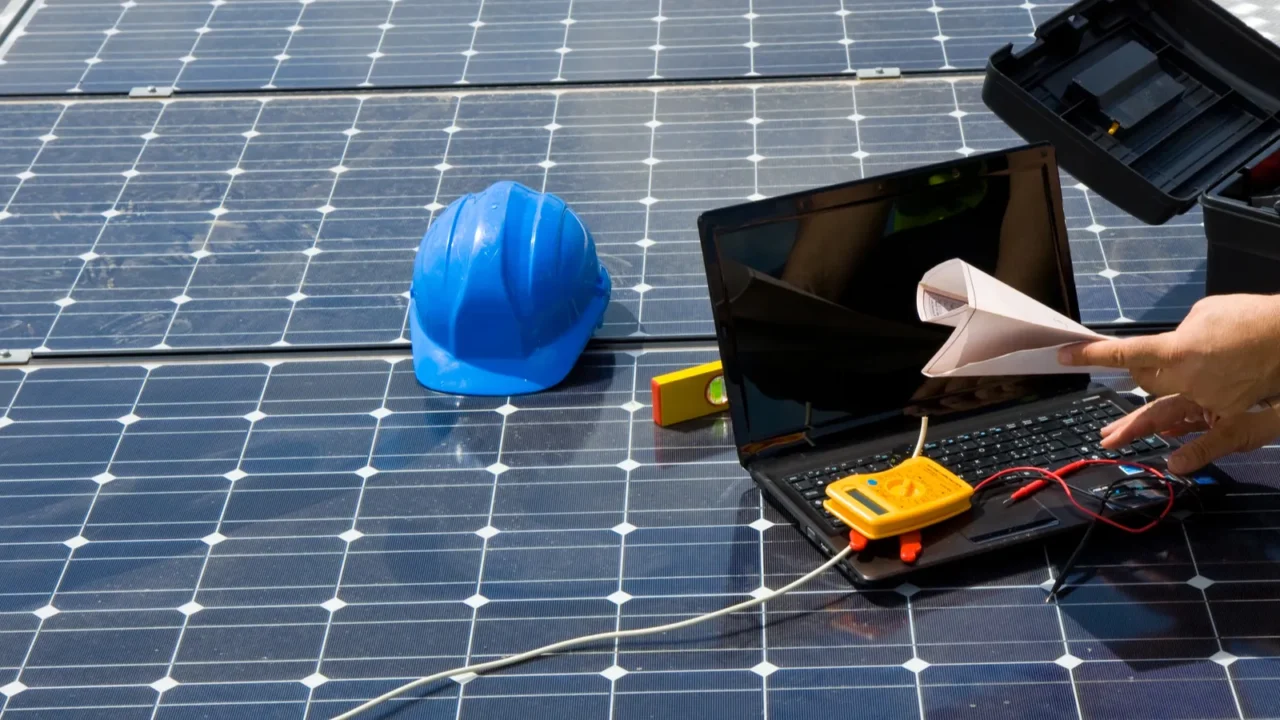
Solar Power Makes Sense
Ever thought about letting the sun pay your energy bills? Solar panels are more affordable than ever, and many states offer tax incentives to make the switch even easier. Not only do they cut electricity costs, but they also reduce your dependence on fossil fuels.
Worried about cloudy days? Modern solar systems store energy for when the sun isn’t shining. Even if you’re not ready to install panels, choosing a green energy provider can make a huge difference. Why not let the sun do some of the work?
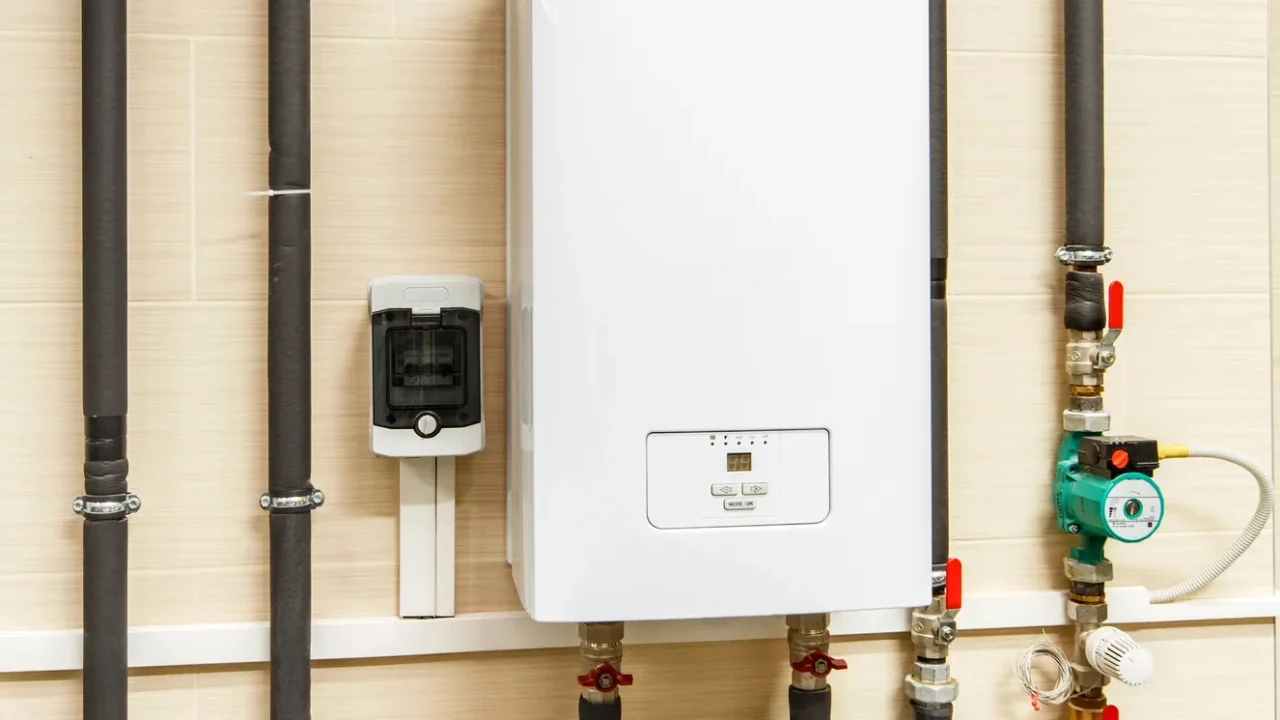
Water Heaters Waste Energy
That big tank of hot water sitting in your basement? It’s working non-stop to keep water warm, whether you need it or not. Traditional water heaters waste energy, but there’s a better way.
Tankless water heaters only heat water when you actually use it, cutting energy waste and lowering bills. Plus, they last longer than conventional tanks. If a full replacement isn’t in your budget, setting your water heater to 120°F instead of the default 140°F can save energy without sacrificing hot showers.
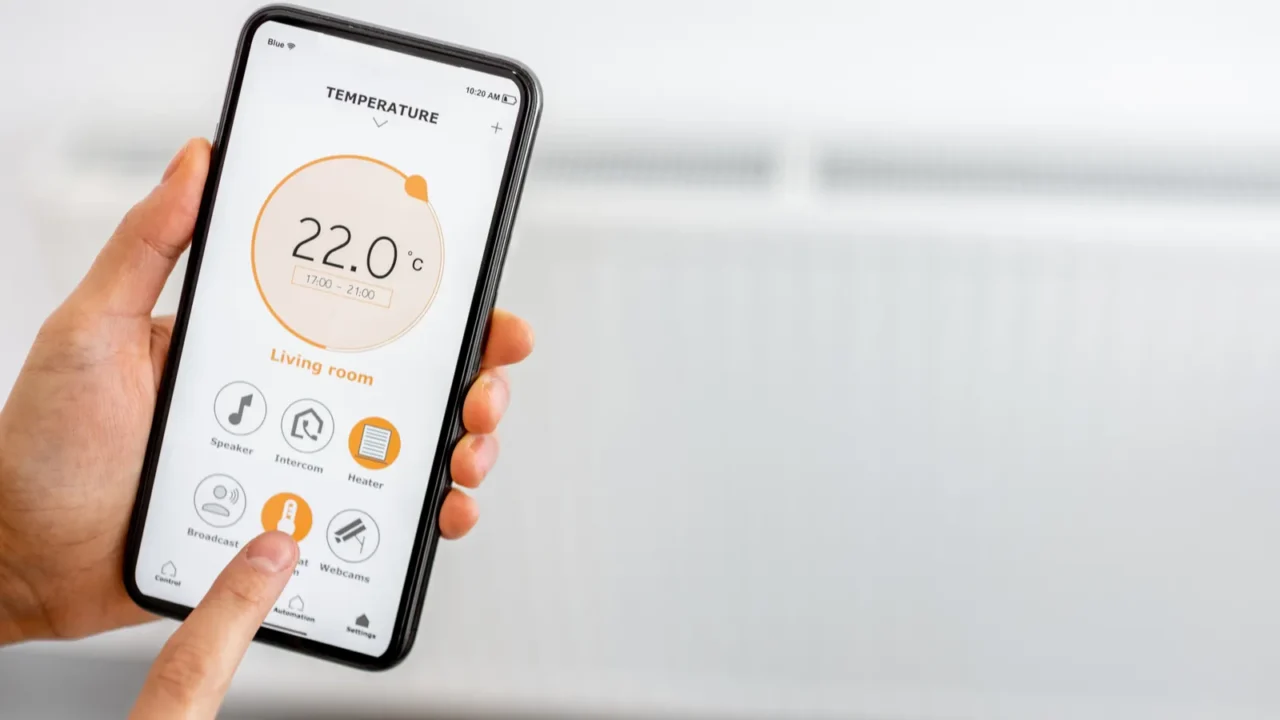
Smart Thermostats Save Money
Heating or cooling an empty house is a total waste, but it happens all the time. Smart thermostats fix this by adjusting the temperature based on your habits. They know when you’re home when you’re away, and when you’re sleeping, all while optimizing energy use.
The best part is that you can control them from your phone. Did you forget to turn down the heat before heading out? No problem, smart thermostats help you save money and cut unnecessary energy use without lifting a finger.
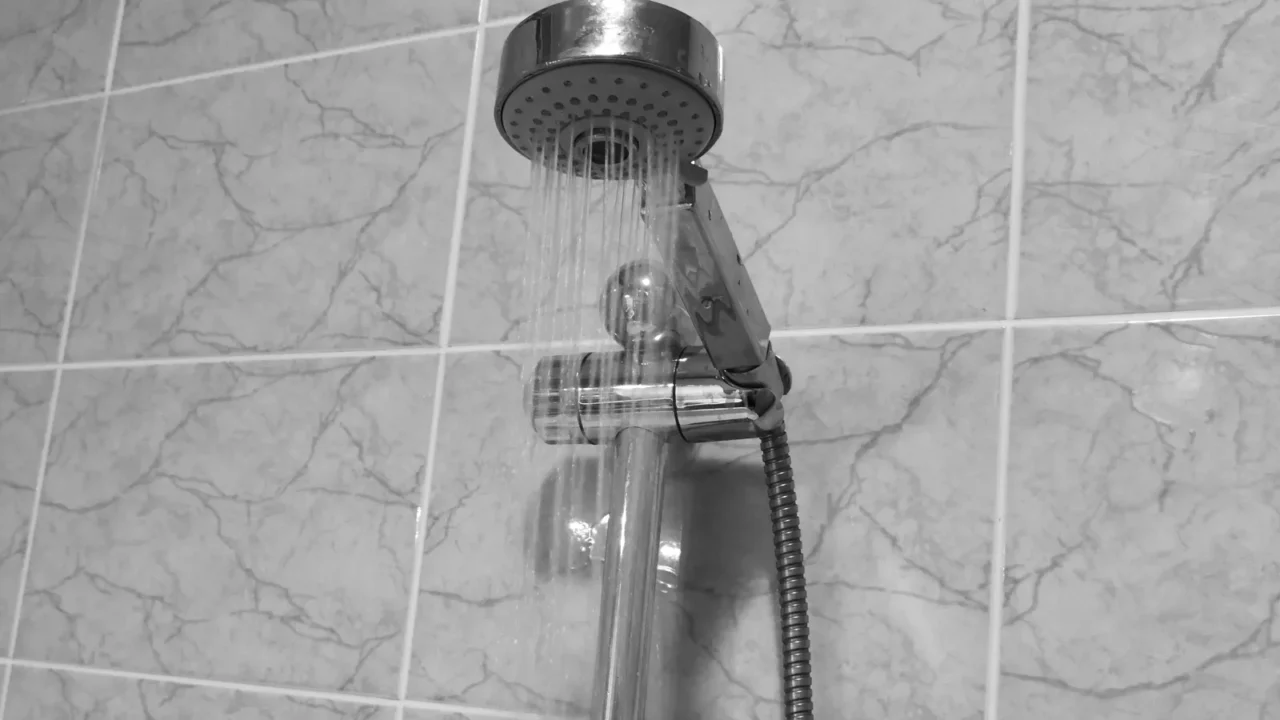
Low-Flow Fixtures Cut Waste
Love long showers but hate wasting water? Low-flow fixtures help you save without sacrificing pressure. Modern designs use air technology to maintain a strong flow while using less water.
Upgrading your faucets, showerheads, and toilets can drastically cut water usage without changing your daily habits. A low-flow showerhead alone can save thousands of gallons a year. Making small swaps like these helps conserve fresh water and reduces strain on water treatment plants.
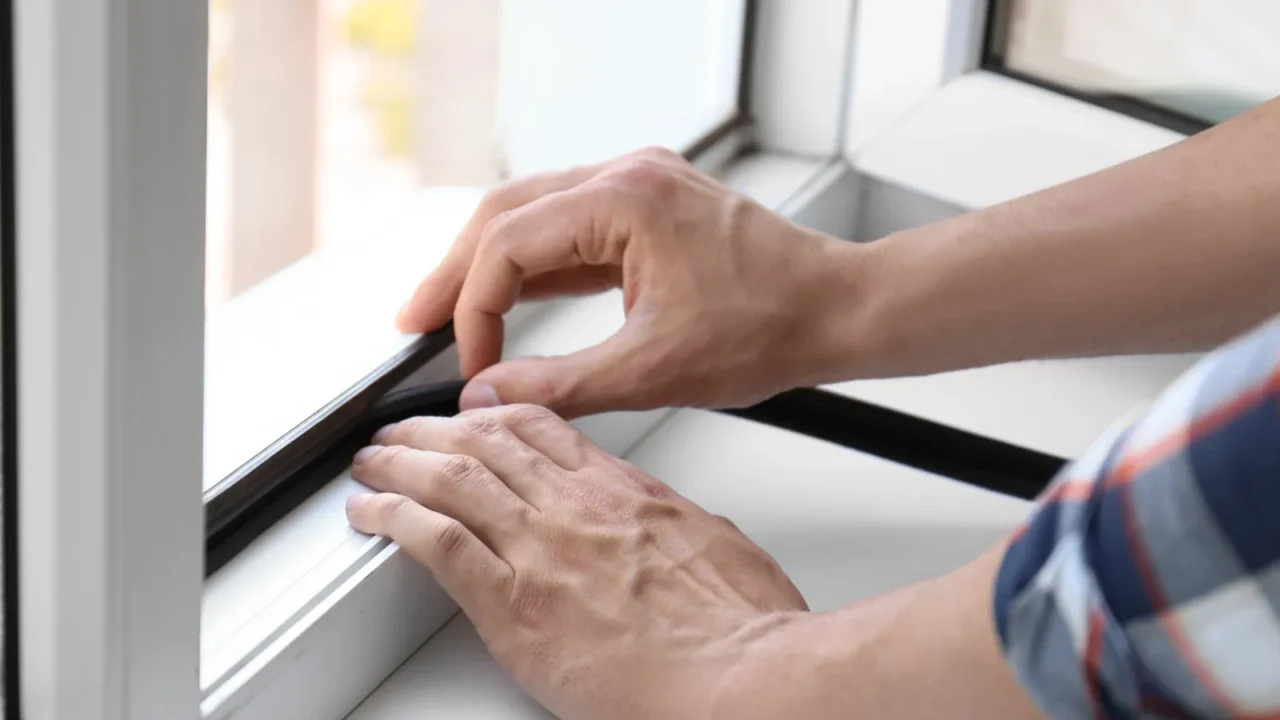
Windows Can Waste Energy
Think of your windows as giant holes in your insulation. If they’re old or poorly sealed, they let warm air escape in winter and cool air slip away in summer. That means higher energy bills and more work for your HVAC system.
Energy-efficient windows keep your home comfortable year-round while reducing energy waste. Simple fixes like weather stripping and thermal curtains can help keep the elements outside where they belong. A few small adjustments make a big difference.
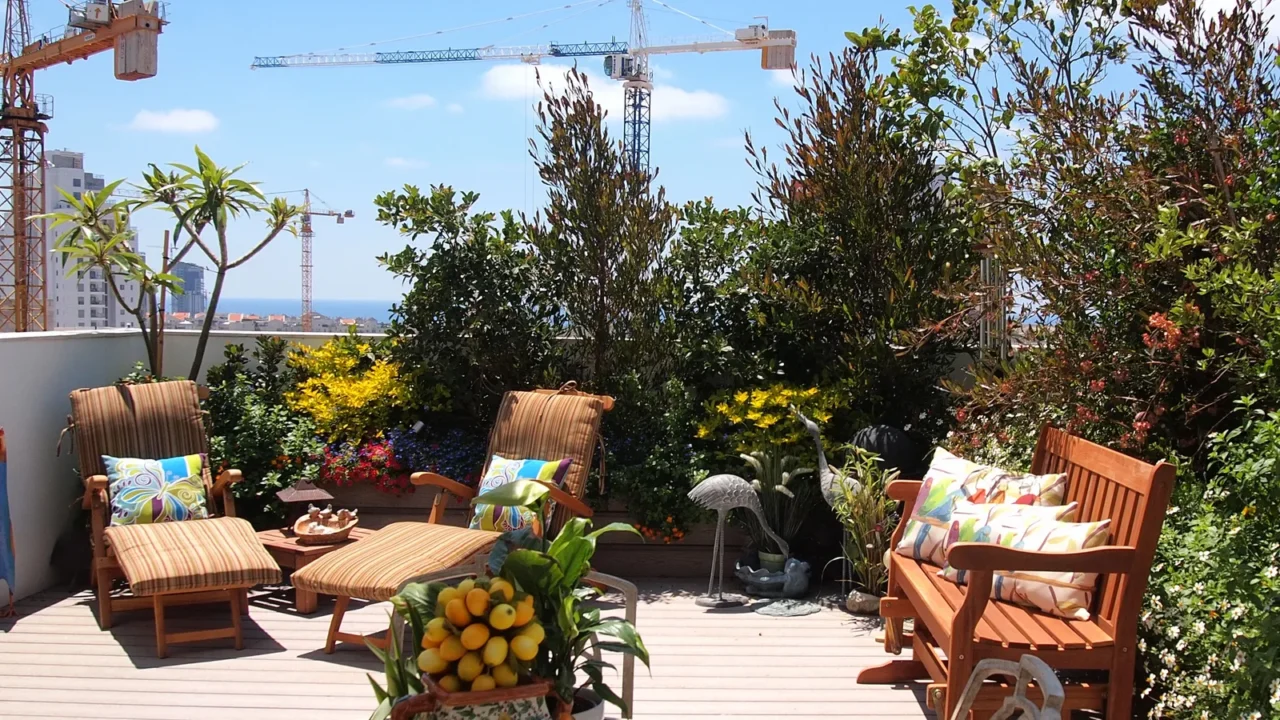
Green Roofs Help Cities
Ever seen a rooftop garden? Green roofs are more than just pretty, they absorb rainwater, improve insulation, and even filter air pollutants. Plus, they help combat the urban heat island effect, keeping cities cooler.
You don’t need a full garden to make an impact as adding potted plants or climbing vines to your roof or balcony helps. These little green spaces provide homes for pollinators and reduce storm-water runoff. A greener roof means a healthier home and a happier planet.
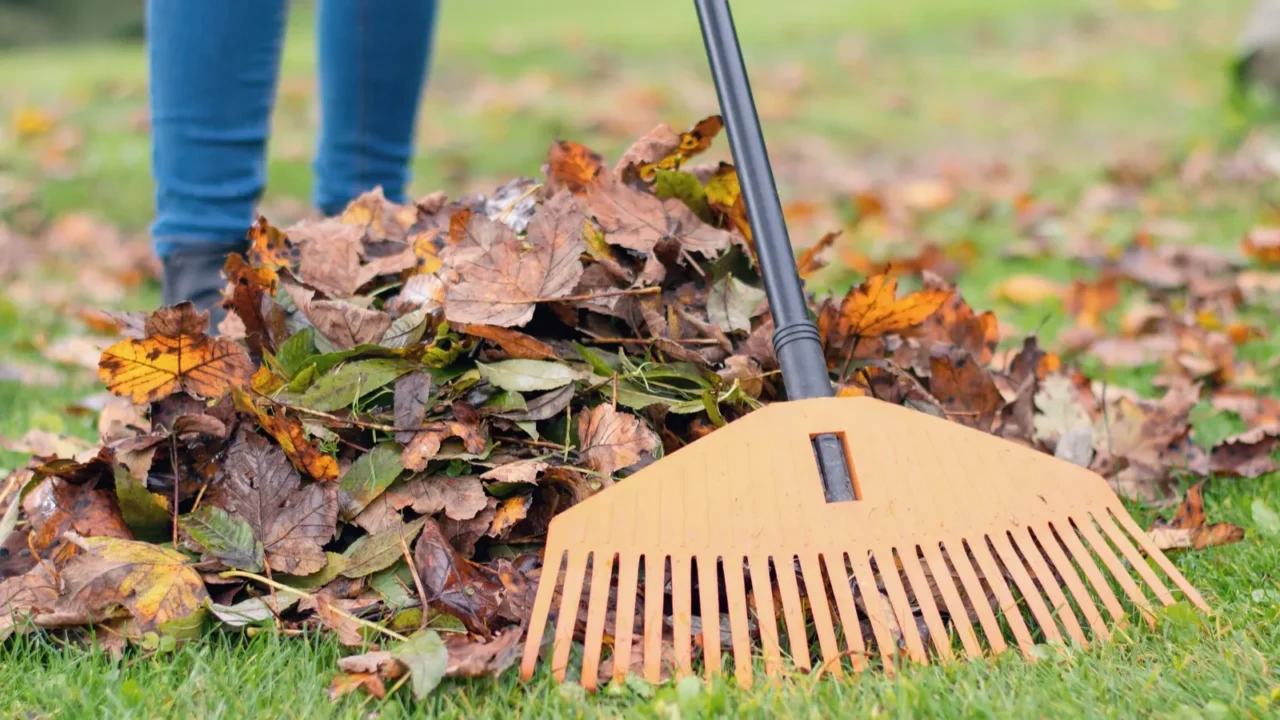
Yard Waste Can Be Gold
Raking up leaves and tossing grass clippings? You might be throwing away nature’s best fertilizer. Yard waste can be composted to create nutrient-rich soil instead of ending up in landfills, where it releases methane.
By composting leaves, grass, and kitchen scraps, you cut down on waste and create free fertilizer for your plants. Not into composting? Try leaving grass clippings on your lawn, they break down naturally and help your soil stay healthy.
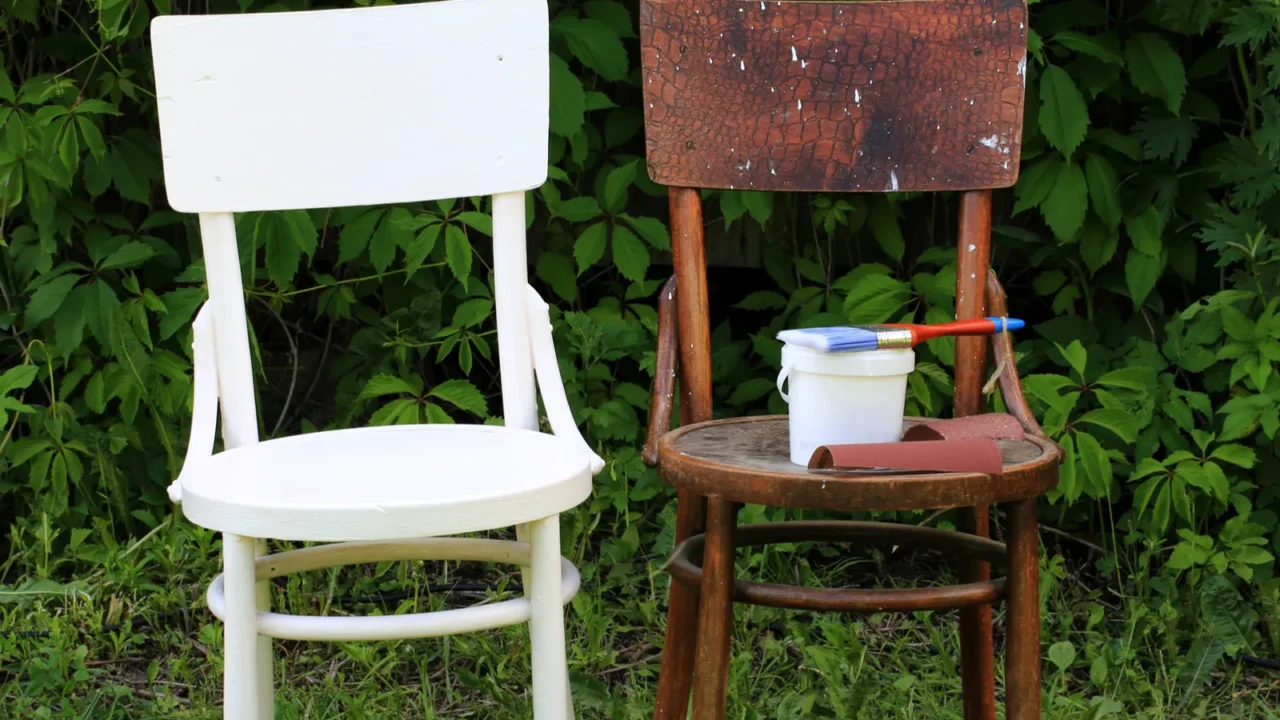
Furniture Can Be Reused
Out with the old, in with the repurposed? Most furniture isn’t meant to be tossed but fast furniture, cheap, mass-produced pieces end up in landfills quickly, adding to waste problems. Instead of buying new, consider refurbishing, upcycling, or getting quality secondhand pieces.
Sites like Facebook Marketplace or thrift stores have amazing finds that just need a little love. A fresh coat of paint, new upholstery, or some DIY magic can turn trash into treasure. Less waste, more character, and a home with a unique touch, what’s not to love?
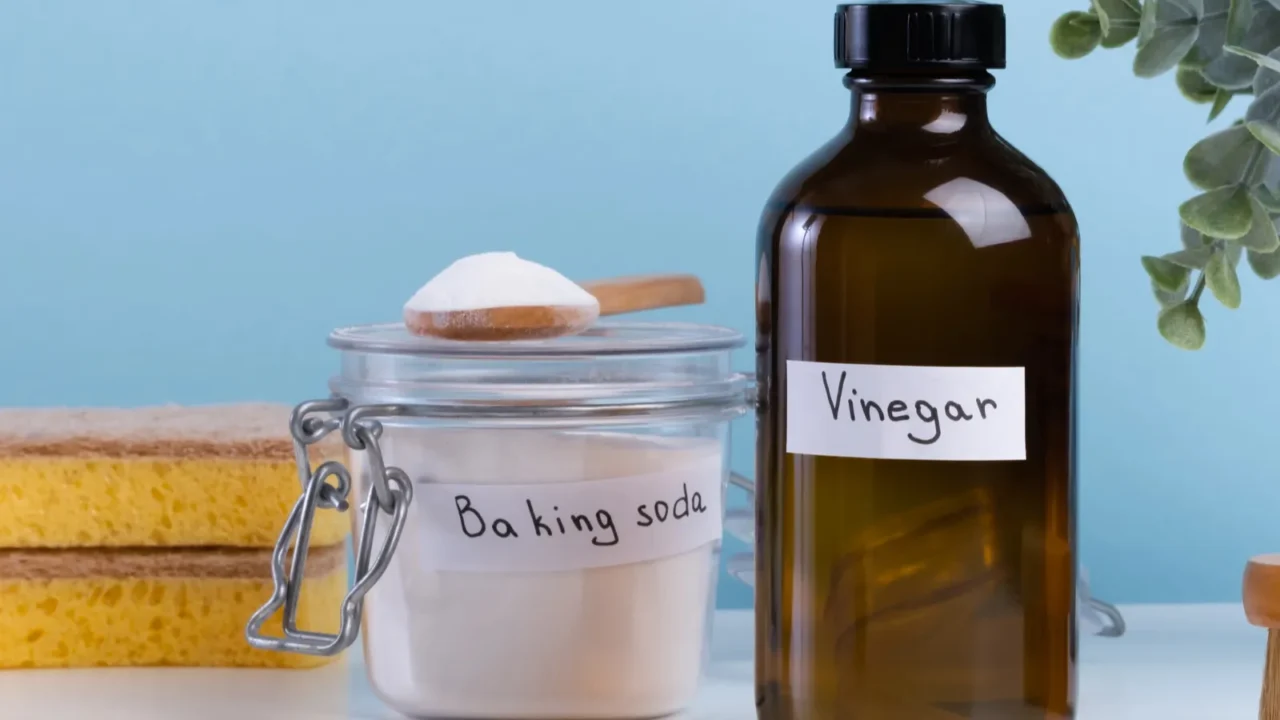
Cleaning Products Matter
That lemon-scented cleaner might smell fresh, but it could be polluting your indoor air and harming the environment. Many commercial cleaners contain toxic chemicals that wash down drains, affecting water supplies and wildlife.
Switching to eco-friendly options is easy. Vinegar, baking soda, and castile soap can handle most household messes without harmful side effects. Plus, many brands now offer refillable, non-toxic cleaners in recyclable packaging so, a cleaner home shouldn’t come at the cost of a dirtier planet.
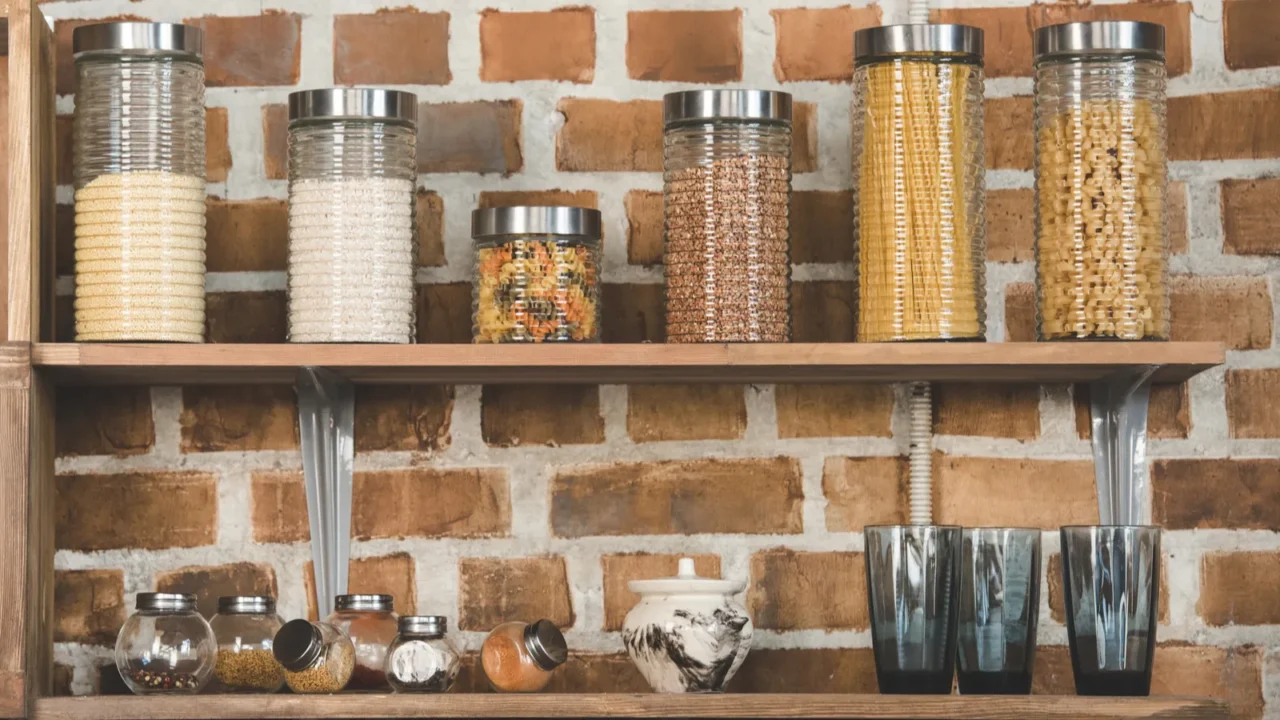
Plastic Waste Everywhere
How much plastic is in your home? From grocery bags to food containers, single-use plastics pile up fast. The worst part is that most plastics take hundreds of years to break down, polluting oceans and harming wildlife.
Small changes can make a big impact. Switch to reusable shopping bags, glass food storage, and stainless steel water bottles. Even swapping plastic wrap for beeswax wraps can cut down waste and the less plastic we use, the less ends up in landfills and our planet will thank us.
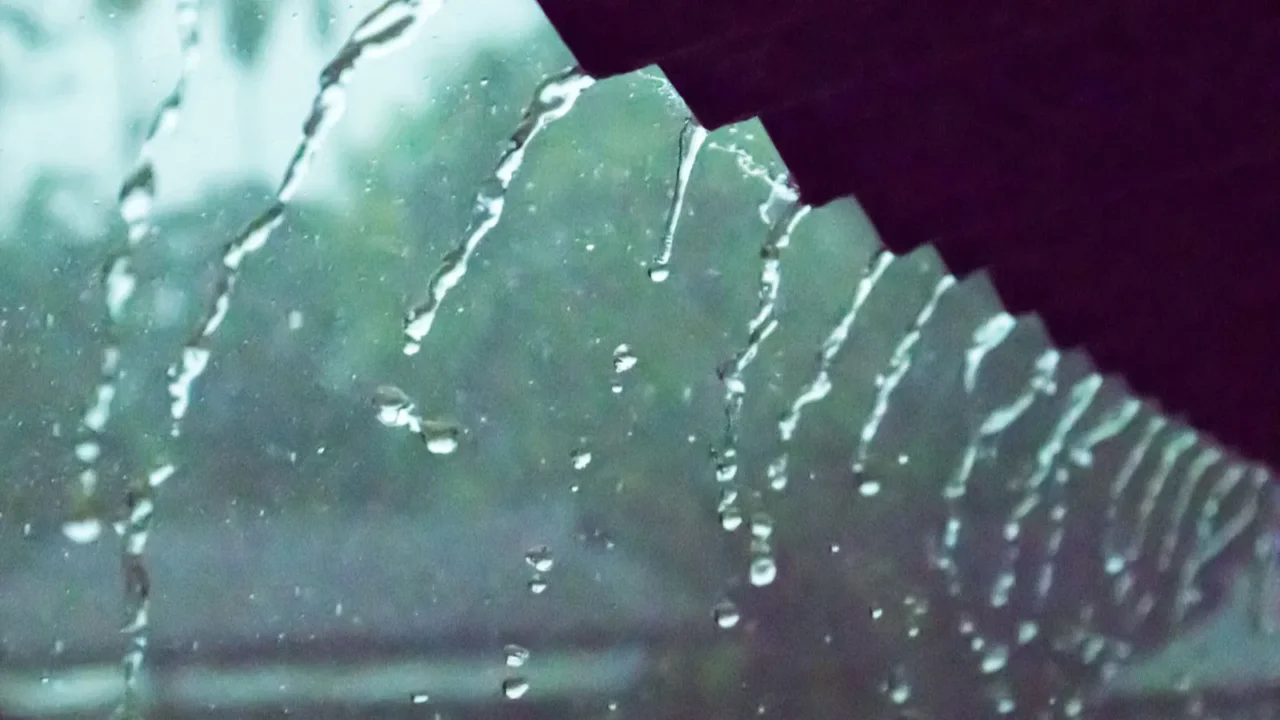
Rainwater
Did you know you can collect free water from the sky? Rainwater harvesting lets you gather and store water for gardening, cleaning, and even flushing toilets. It’s an easy way to cut down on your water bill while conserving resources.
Setting up a rain barrel is simple, and some cities even offer rebates for installing them. Even small efforts, like directing rainwater toward plants instead of storm drains, help reduce runoff and water waste. Speaking of rain, is your home prepared for the rainy season? Stay ahead of leaks and moisture with these rainy season-ready: waterproofing and mold prevention tips.

Greener Cooking
Your kitchen habits affect the planet more than you think. Gas stoves release harmful emissions and overusing appliances wastes electricity. Even food waste contributes to greenhouse gases when it decomposes in landfills.
Go green by using energy-efficient appliances, cooking with lids on pots to trap heat, and eating more plant-based meals. Planning meals ahead reduces food waste, and composting scraps keeps them out of landfills. Want to create a more eco-friendly living space? Discover top sustainable brands for a greener home and make smarter choices for the planet.
After going through all the points, where does your home stand, planet-friendly or part of the problem? Let us know in the comments!
Read More From This Brand:
- Eco Friendly Decor Trends That Are Totally On Point
- Brilliant Ideas to Style Indoor Greenhouses
- Avoid These Mistakes When Going Green
Don’t forget to follow us for more exclusive content right here on MSN.